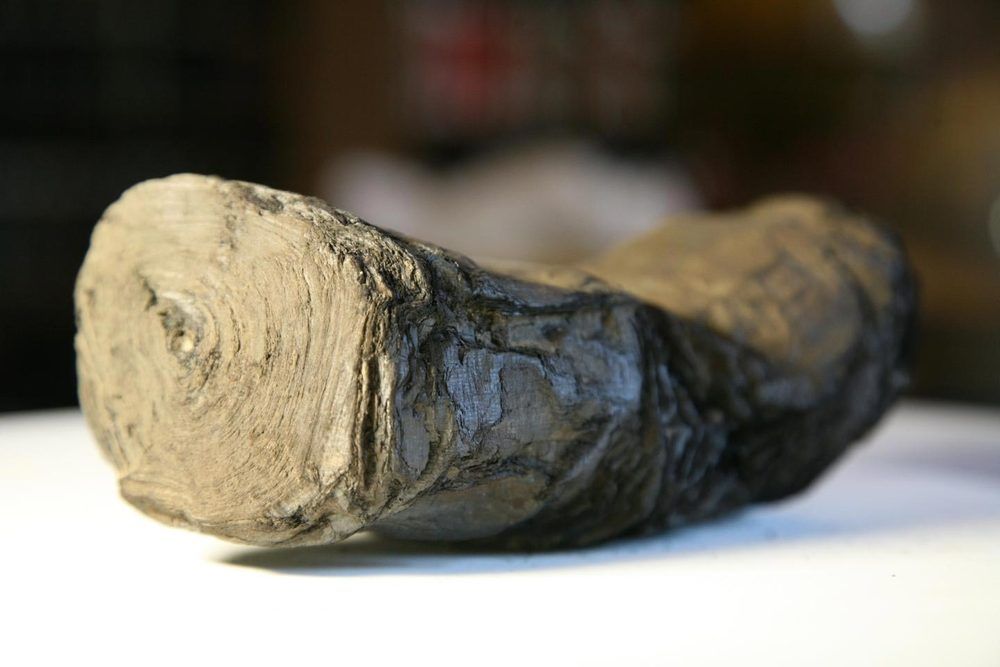Researchers led by the renowned ancient artifacts decoder, Professor Brent Seales, will be using Diamond, the UK’s national synchrotron science facility in the heart of Oxfordshire, to examine a collection of world-famous ancient artifacts owned by the Institut de France. Using this powerful light source and special techniques the team has developed, the researchers are working to virtually unwrap two complete scrolls and four fragments from the damaged Herculaneum scrolls. After decades of effort, Seales thinks the scans from Diamond represent his team’s best chance yet to reveal the elusive contents of these 2,000-year-old papyri.
Prof Seales is director of the Digital Restoration Initiative at the University of Kentucky (US), a research program dedicated to the development of software tools that enable the recovery of fragile, unreadable texts. According to Seales, Diamond Light Source is an absolutely crucial element in our long-term plan to reveal the writing from damaged materials, as it offers unparalleled brightness and control for the images we can create, plus access to a brain trust of scientists who understand our challenges and are eager to help us succeed.?Texts from the ancient world are rare and precious, and they simply cannot be revealed through any other known process. Thanks to the opportunity to study the scrolls at Diamond Light Source, which has been made possible by the National Endowment for the Humanities and the Andrew Mellon Foundation, we are poised to take a tremendous step forward in our ability to read and visualize this material.
